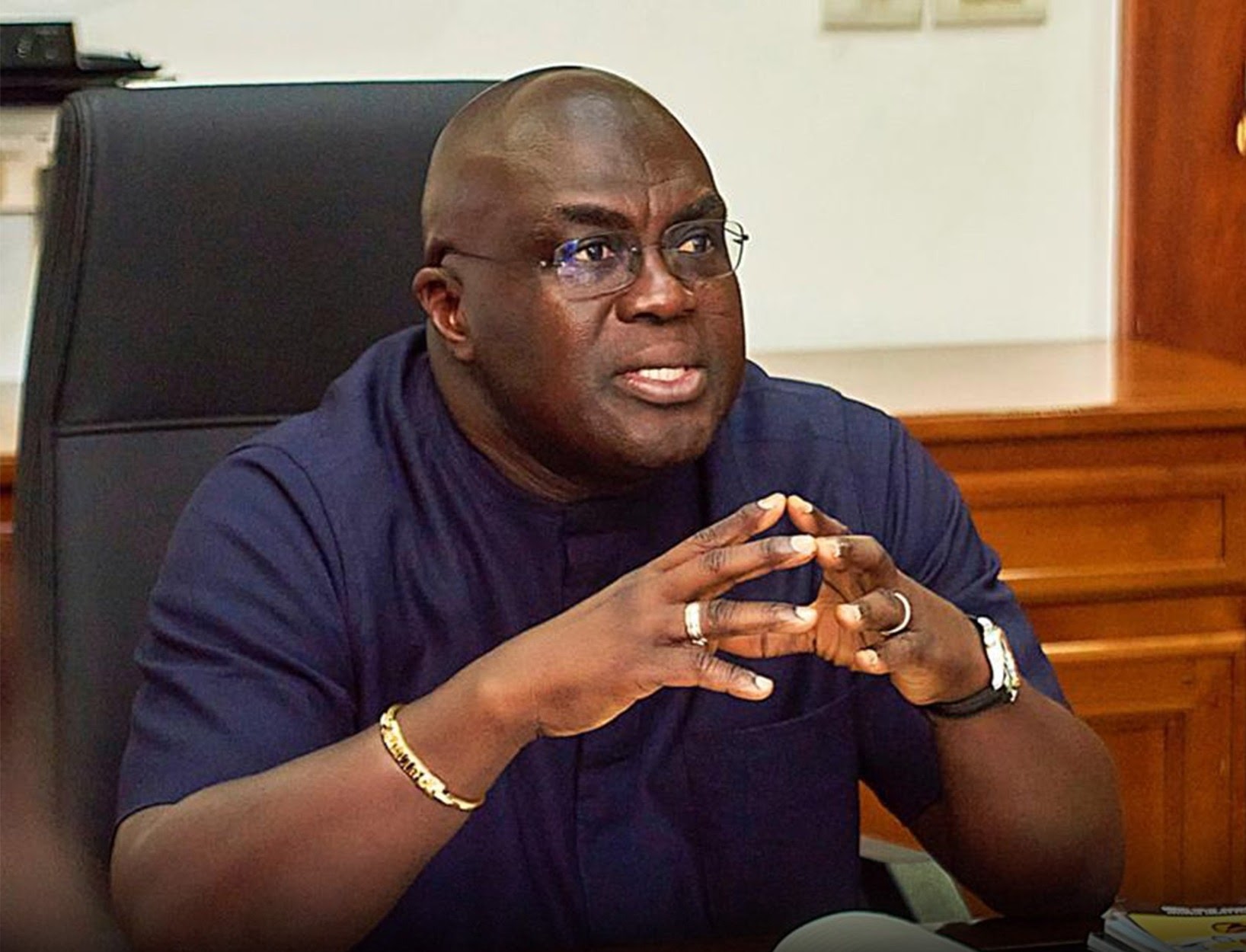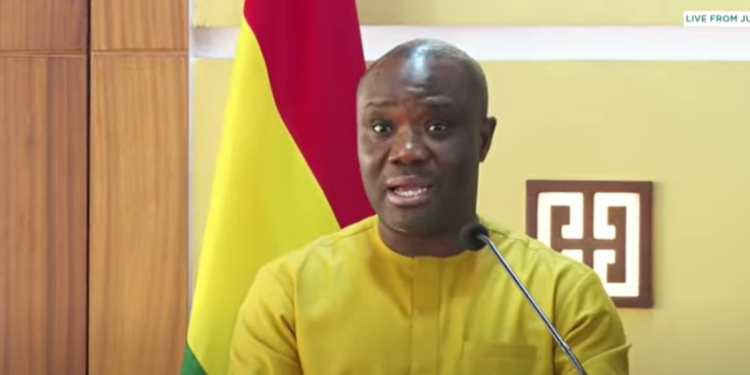Ghana is stepping up efforts to combat corruption, warning that persistent graft threatens the country’s economic stability, investment prospects, and global competitiveness.
At the launch of the Regional Stakeholder Engagement on the National Ethics and Anti-Corruption Action Plan (NEACAP 2026–2030), Chief of Staff Julius Debrah said the government is prioritizing anti-corruption initiatives as it seeks to build a resilient economy and roll out ambitious programs, including a proposed 24-hour economic framework aimed at expanding employment.
“Corruption erodes investor confidence, clogs our institutions with inefficiency, and undermines the very trust that holds our democracy together,” Mr. Debrah said. “It is the silent force that stalls progress, drains public resources, and drives our youth to seek opportunities abroad—even in countries that once looked up to Ghana.”
The NEACAP framework, a multi-year anti-graft initiative, aims to reinforce accountability structures and embed ethical practices within public institutions and the broader society.
Mary Awelana Addah, Executive Director of Transparency International Ghana, called for an inclusive approach to anti-corruption reforms, urging both public and private stakeholders to take shared responsibility for implementation.
“The fight against corruption can’t be left to the government, nor can it be reduced to sloganeering,” Ms. Addah said. “It must be a national commitment, a partnership of leaders and citizens alike.”
Ghana, once considered one of West Africa’s most stable economies, has in recent years faced mounting economic pressures, including inflation, currency volatility, and rising youth unemployment. Analysts say the success of the anti-corruption plan could play a critical role in restoring investor confidence and unlocking growth potential.
The NEACAP 2026–2030 plan is expected to be finalized in the coming months, with implementation scheduled to begin next year.













